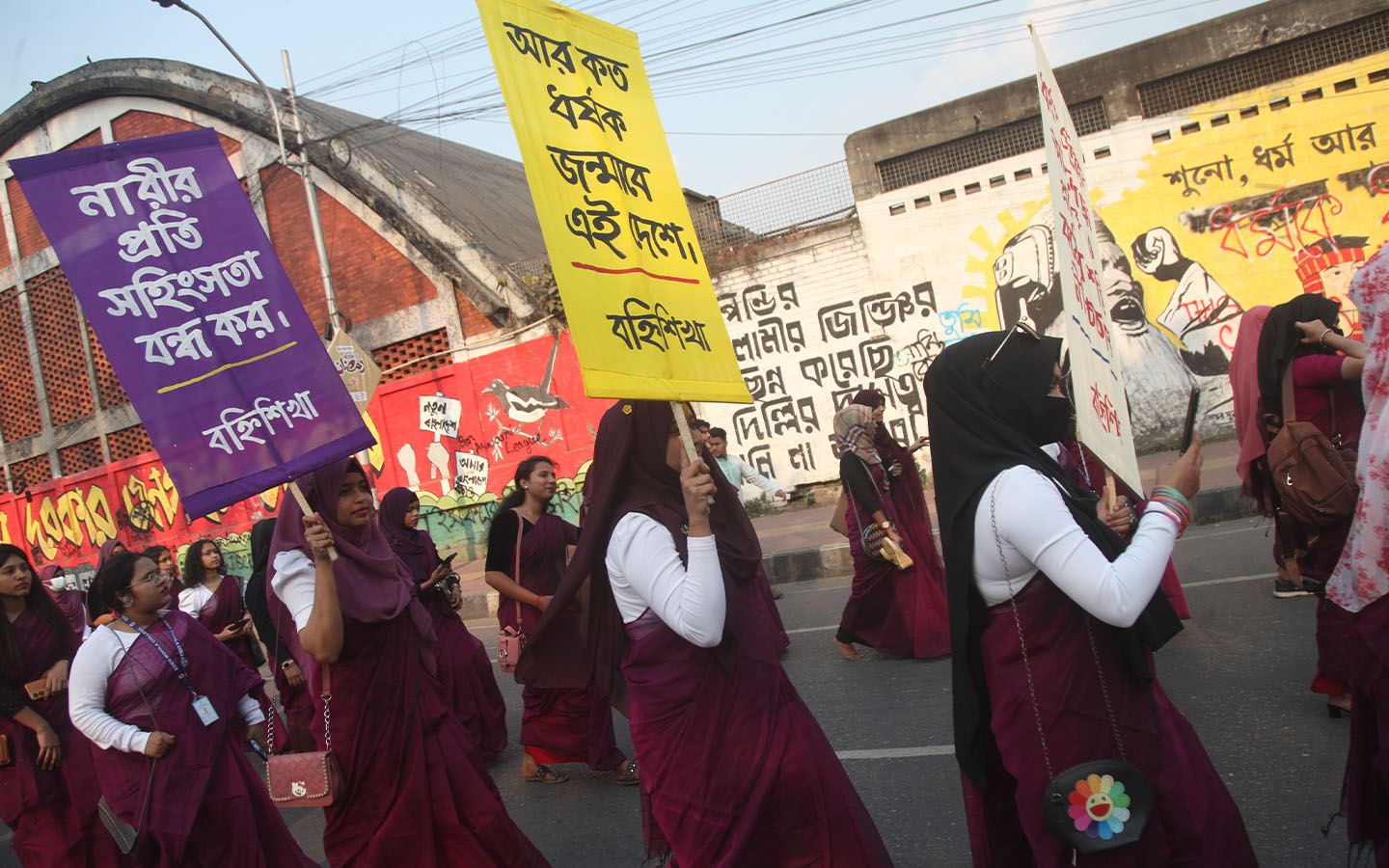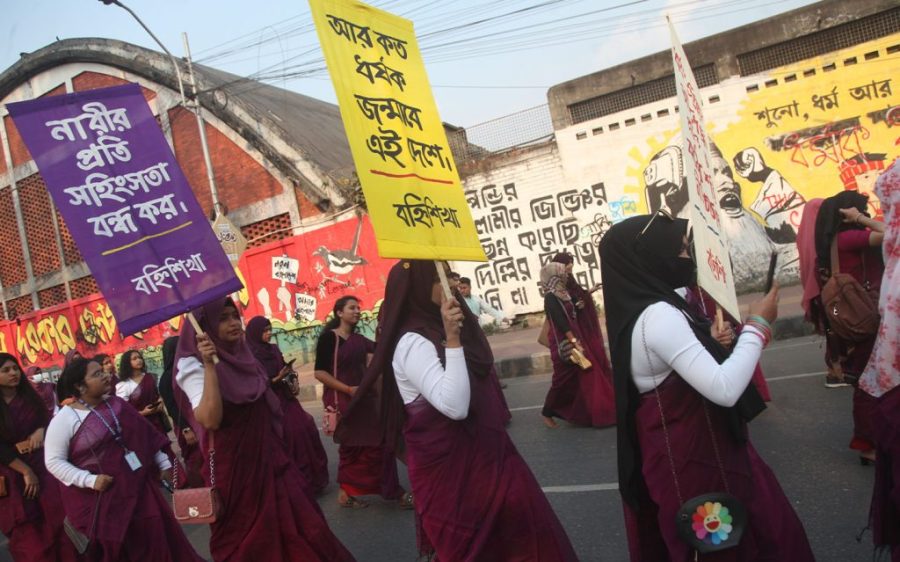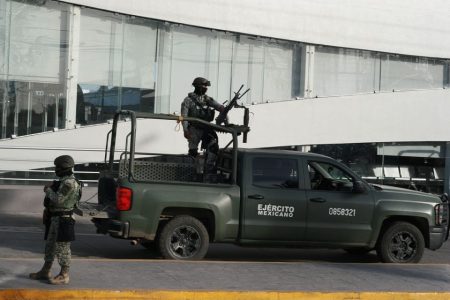One in three women’s rights and civil society groups have suspended or shuttered programmes working to end gender-based violence around the world, according to a new report from UN Women.
At least one in three women will experience gender-based violence at some point throughout her life, making violence against women and girls one of the most pervasive human rights violations globally.
Drawing on a global survey of 428 organisations, key informant interviews and desk review, the new UN Women report At Risk and Underfunded indicates this problem is likely to worsen in the coming years as women’s rights and civil society groups, often the only resources for those facing gender-based violence, are facing an estimated US$78 billion in global aid cuts.
Many organisations have been forced to reduce or close life-saving services, halt prevention and empowerment programmes and curtail advocacy work, leaving survivors without critical support.
Almost 90 percent of organisations surveyed reported severe reductions in access to essential services and nearly a quarter said they had halted programmes aimed at preventing future violence. Only 5 percent, around 21 groups, said they could sustain current operations for more than two years.
[See more: Macao government unveils the second phase of the Women’s Development Goals]
Funding cuts are hitting small and grassroots organisations particularly hard with nearly two thirds (64.9%) reporting significant impacts, more than regional (59.1%), national (53.1%), global (39%) or other (33.4%) organisations.
Seeking out new donors and actively courting existing donors are respectively the most common mitigation strategies, used by 45.4 and 41.6 percent of groups. Other options include diversifying funding sources, developing risk mitigation plans and forming coalitions or pooling resources with other organisations in the space.
Many of the forces driving the funding shortfall are also compounding its impacts. One in four countries reported a backlash against women’s rights in the last five years and a staggering 85 percent of organisations predicted a high to severe level of backsliding on laws and policies aimed at protecting the rights of women and girls.
International crises, armed conflicts and new digital technologies are amplifying existing forms of violence – and introducing new threats. The report cites backlash against gender equality, shrinking civic space and the growing influence of the anti-gender movement, a global right-wing assault on feminism, LGBTQ+ rights and progressivism more broadly. Organisations warn that without sustained and flexible funding, hard-won gains made in recent decades are at risk of being systematically eroded.
“The vulnerable and voiceless are banking on us. We cannot afford to let them down,” one survey respondent wrote. “It’s now or never.”






